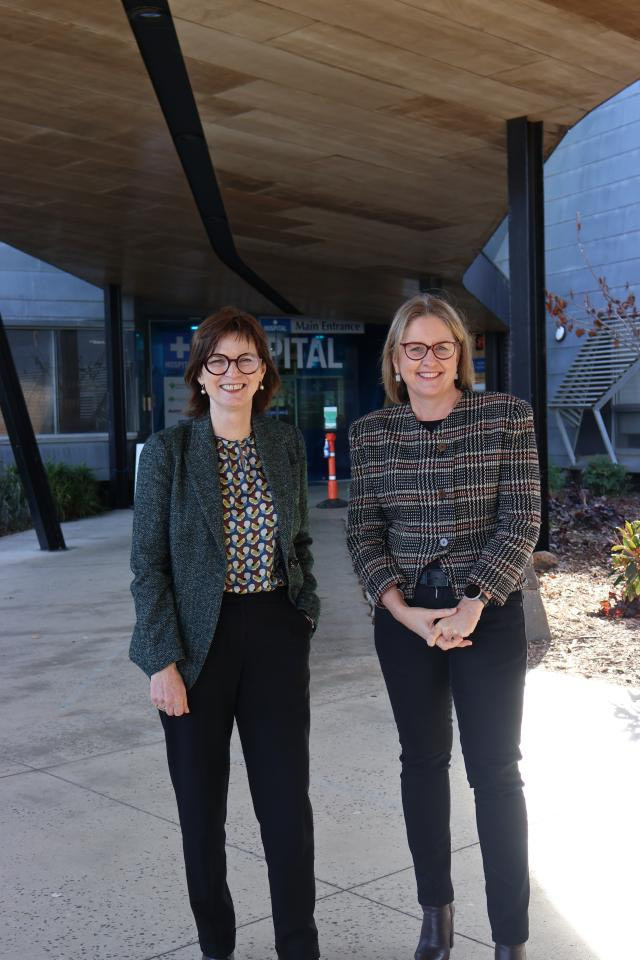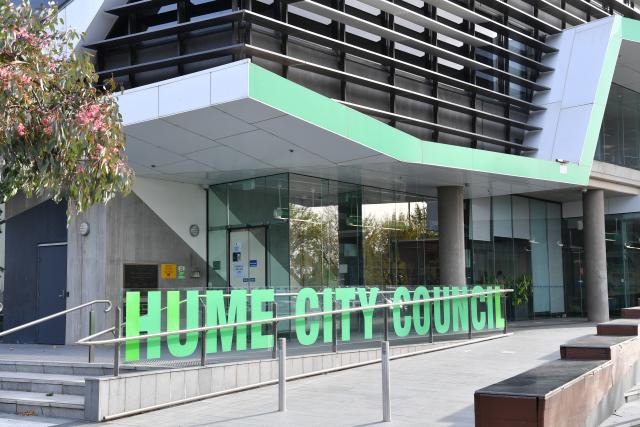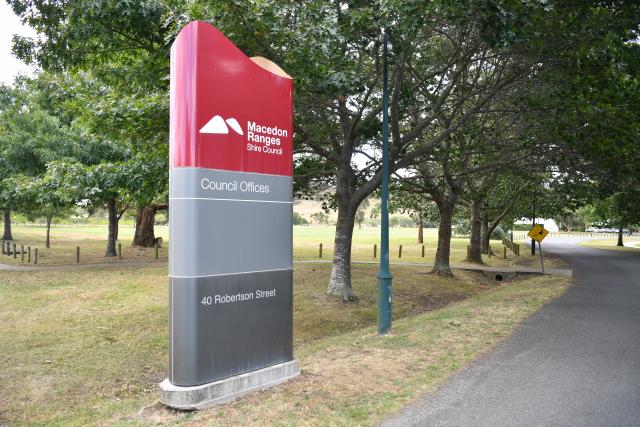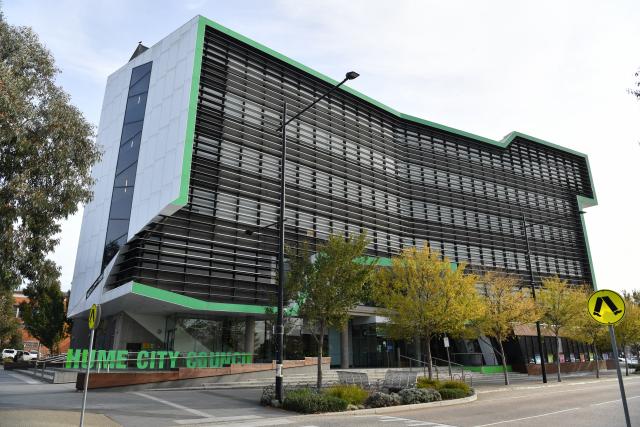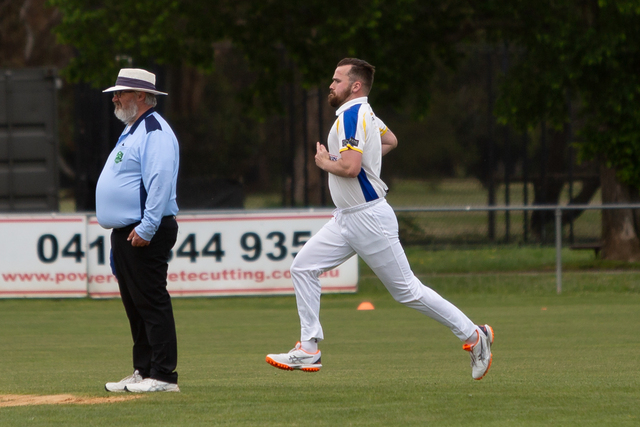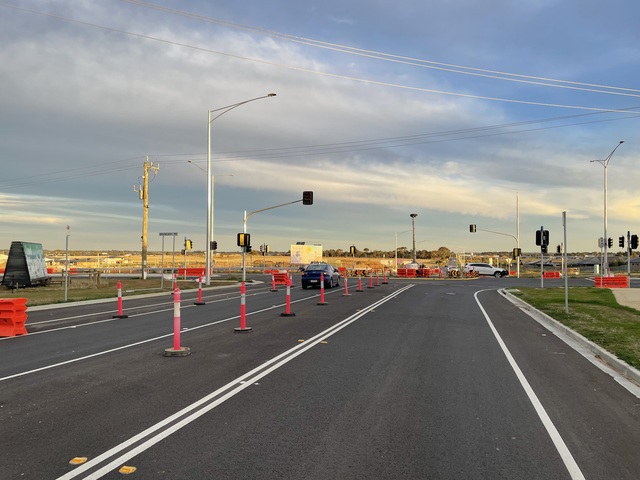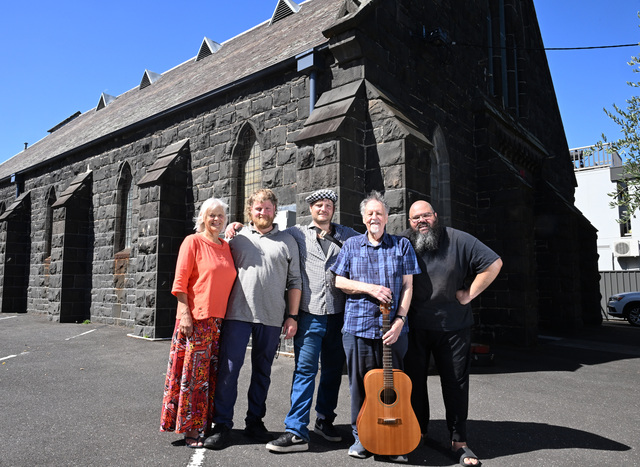Women in Melbourne’s north-west will have improved access to sexual and reproductive health, following the announcement of four healthcare hubs in the region.
The women’s sexual and reproductive health hubs will be established in Kyneton, Melton, Wyndham Vale and Broadmeadows and will join Victoria’s network of 20 women’s healthcare hubs across the state that are providing free or low-cost care including contraception, medical abortion, referral for surgical abortion and sexual health testing and treatment.
The Kyneton hub will be operated by Central Highlands Rural Health, while Western Health will operate the Melton hub and IPC Health will run the Wyndham Vale hub. DPV Health will operate the Broadmeadows hub.
The state government said the hub locations were selected following extensive sector consultation and are expected to help at least 4000 more girls and women access sexual and reproductive health services every year.
Part of a $153 million women’s health package, the hubs will transform the way women’s health issues are treated – breaking down barriers women and girls face in accessing affordable and comprehensive care, the government said.
Health Minister Mary-Anne Thomas said the hubs would help women to feel safe and supported when accessing the care they need, including medical and surgical abortion
The workforce supporting the hubs will also benefit from the government’s Women’s Health Scholarship program, helping to address existing skills and knowledge shortages when it comes to women’s health.
More than 100 scholarships will be delivered, offering chances to upskill in areas like IUD insertion, sexual and reproductive health, pelvic physio training, menopause and Polycystic ovary syndrome (PCOS).
The scholarships will also fund training to promote cultural safety and remove existing barriers for First Nations women, women from migrant and refugee backgrounds and LGBTIQA+ communities.
Premier Jacinta Allan said the hubs would help to bridge the gender health gap.
“With these hubs, we’ll help make sure more women can get the affordable and accessible care they need,” she said.

